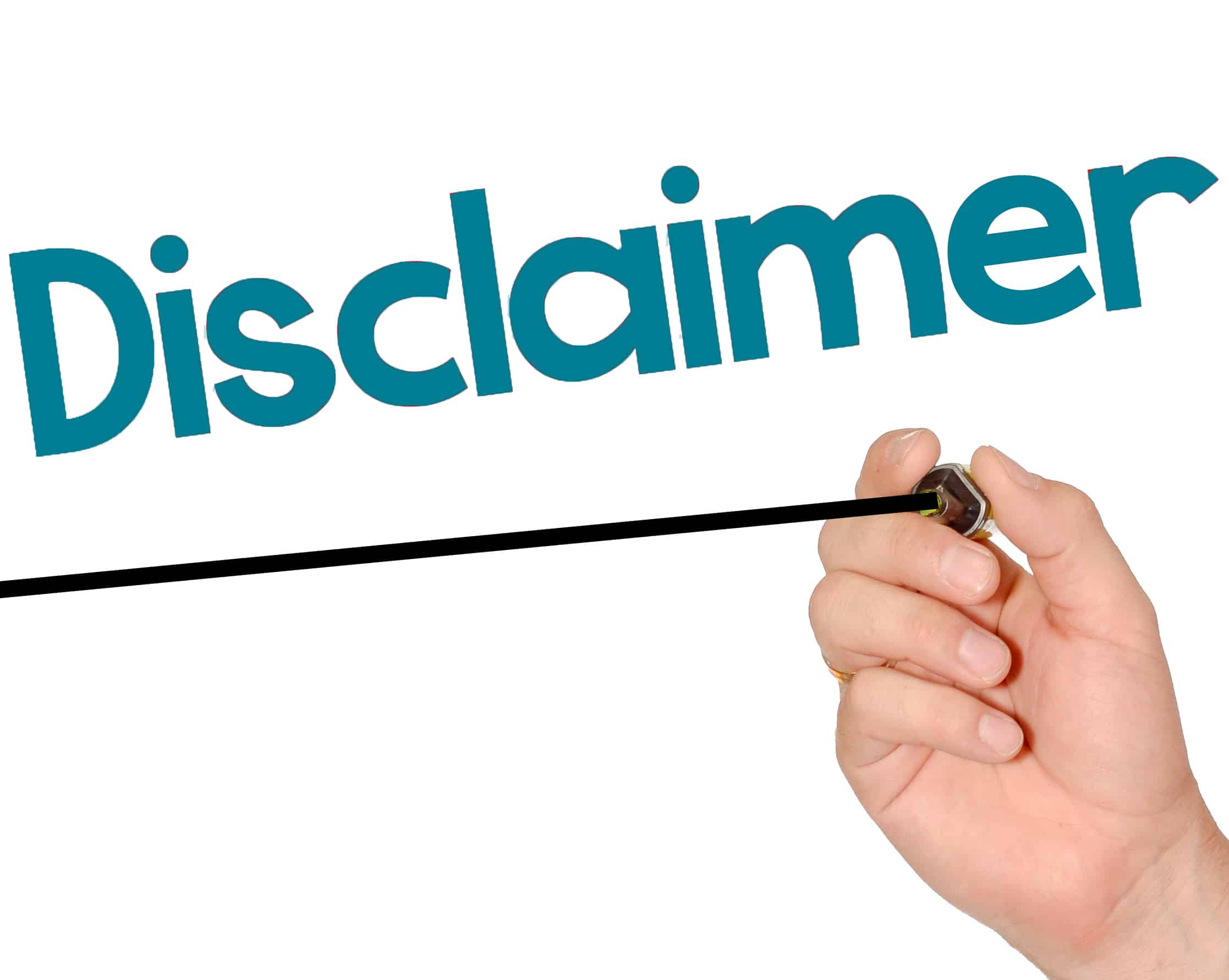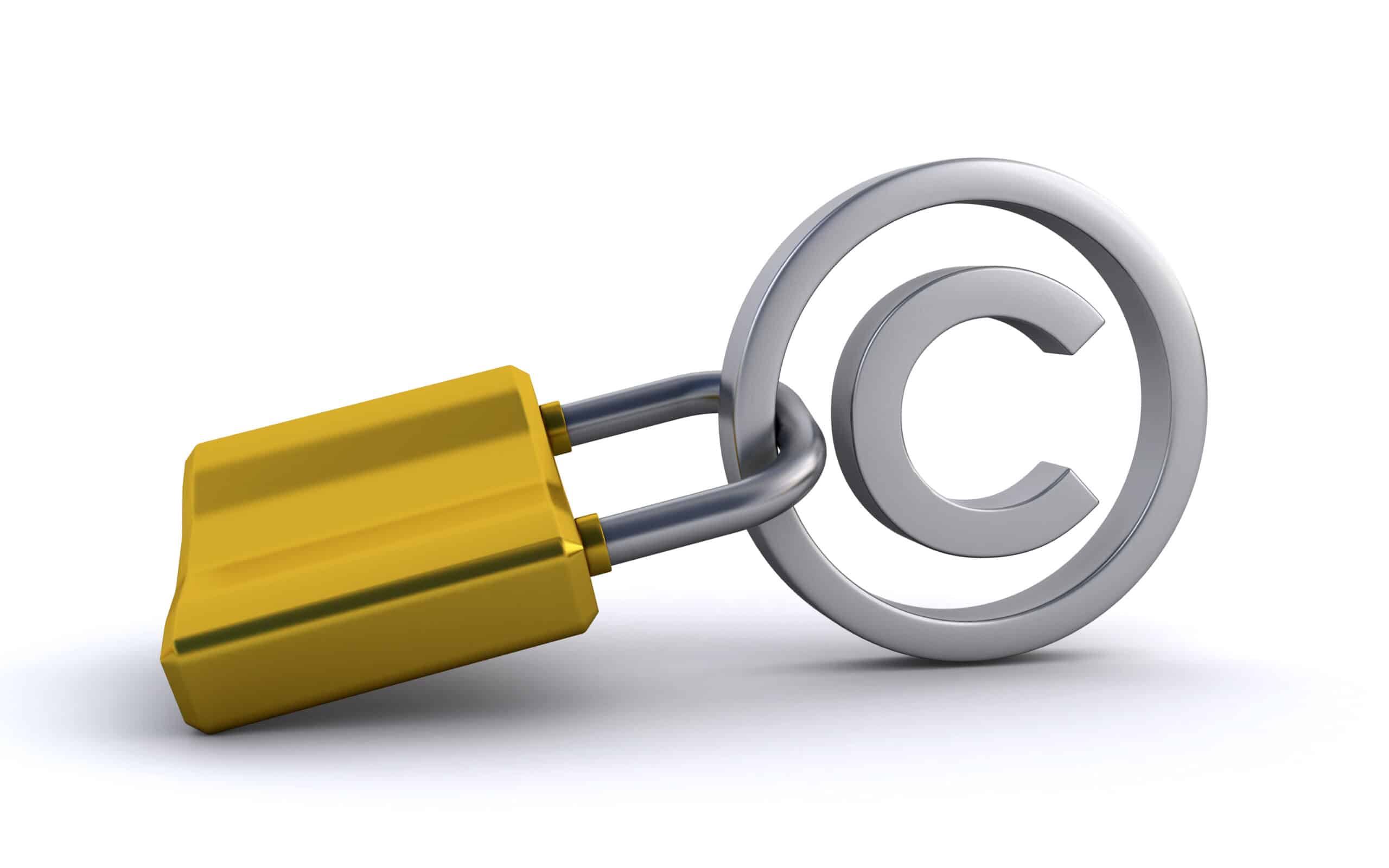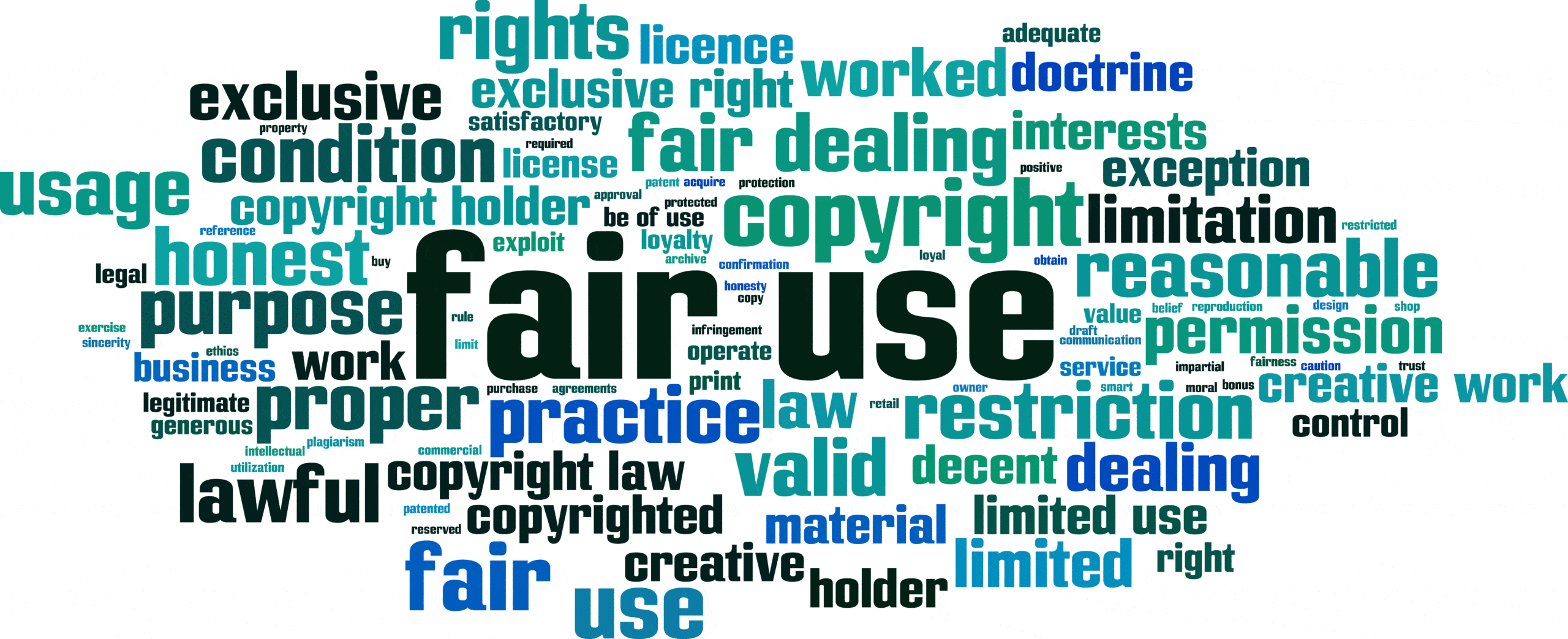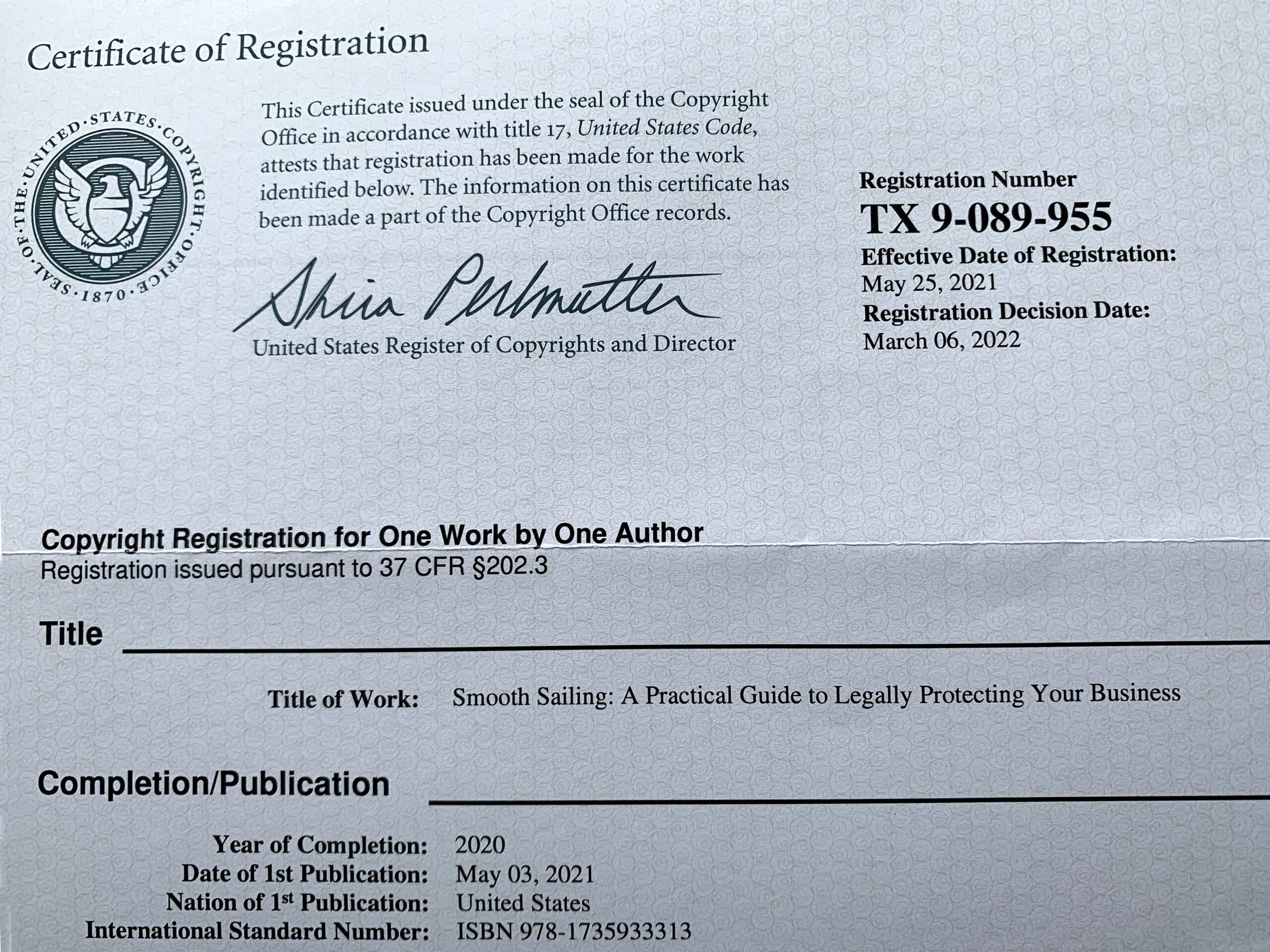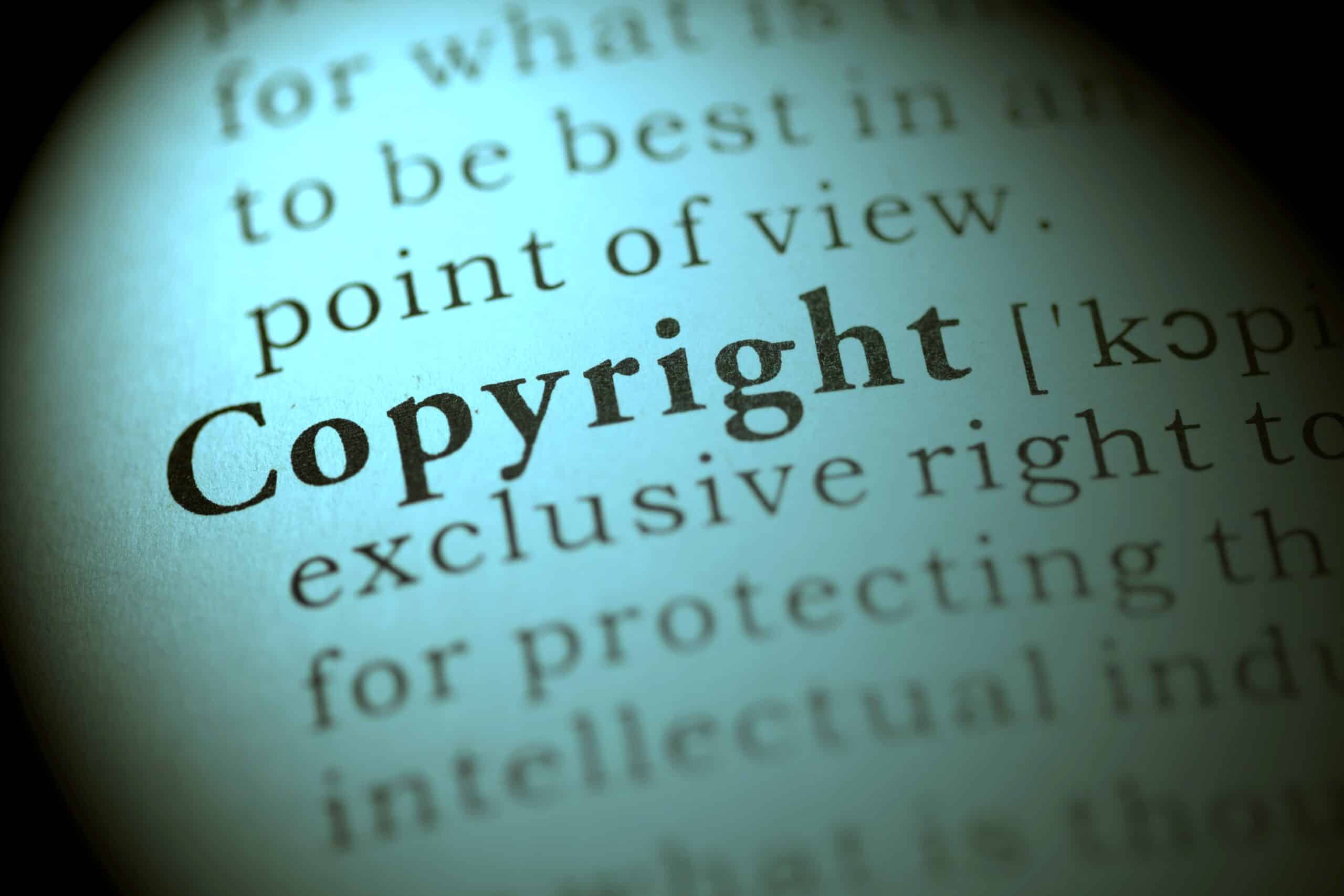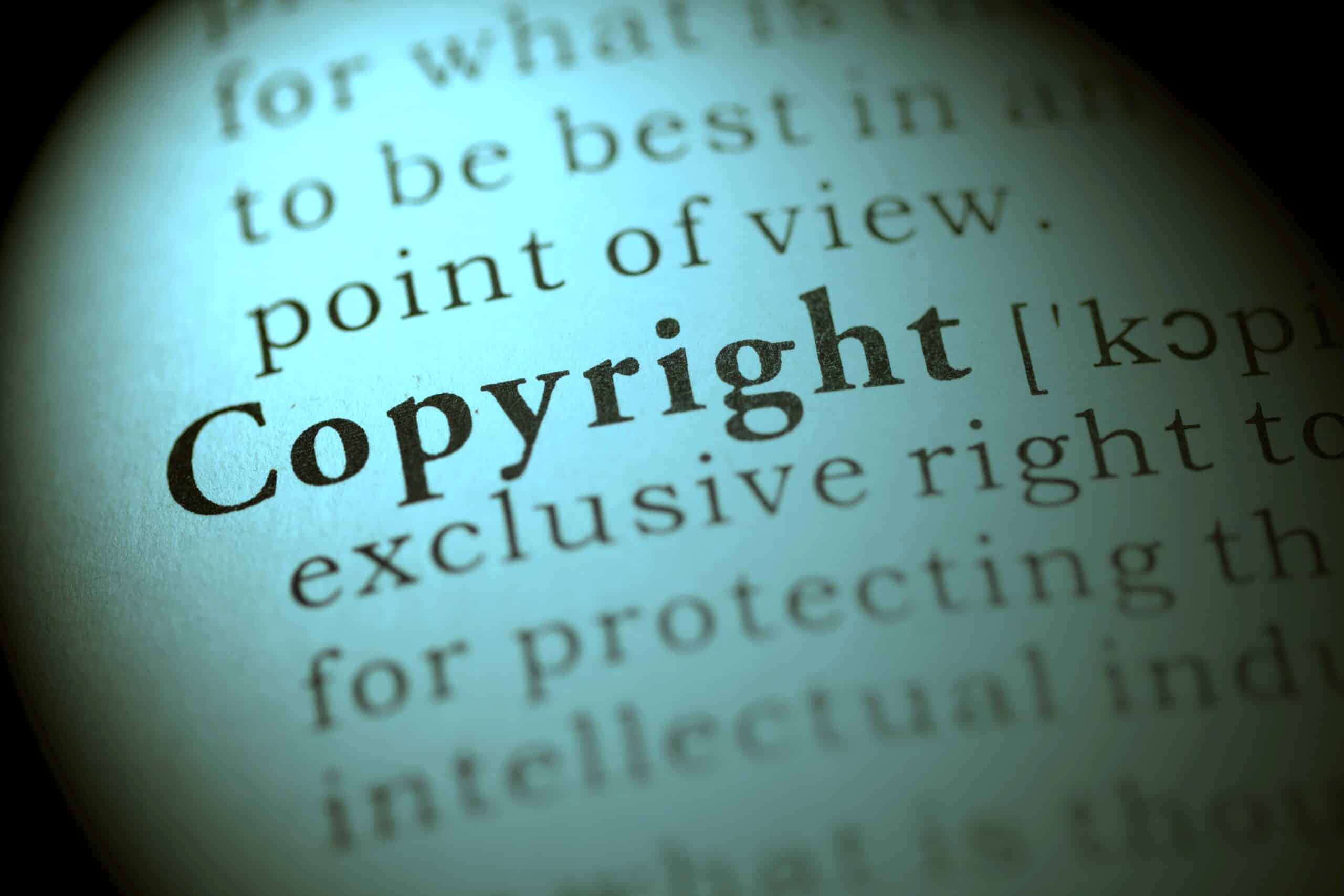Image theft has costly consequences. And worse, you may not even be aware you are doing it! Including images on your website and social media helps improve traffic and engagement. But it is important to make sure you have the right to use those images! This means you either own the image (took it yourself) or purchased a license to use the image. Image protection agencies such as Getty Images, Pixsy, and Pixabay are in business to protect the copyright interest of photographers and artists in their visual works. Images can include photos, drawings, paintings, cartoons, graphics, and other art work regardless of format.
With limited exceptions, if someone uploads an image they don’t own or have rights to, it’s theft of the photographer’s work. It’s illegal. And it’s subject to significant penalties under copyright infringement law. The limited exceptions are based on the Fair Use doctrine. These allowable uses include news reporting, teaching, research, and parody.
What images am I allowed to use on my website and social media posts?
You are allowed to use images which you personally took or created. And you are allowed to use images for which you have obtained a license from the copyright owner for use on your website and social media posts. If you use stock images, make sure the license you receive for those images includes commercial use, especially if you are sourcing from “free” sites. Most of the images that are available for free are for personal use only and specifically exclude commercial use. Use on your website or social media posts for your business is a commercial use, even if you aren’t directly selling anything in conjunction with the image.
Can I use images I found the Internet? Is it image theft if the image doesn’t have a copyright mark on it?
NO! Unless you have written permission from the owner or pay for a license, you don’t have any rights to those images. Even without a copyright legend or watermark, the copyright to the image belongs to the photographer or artist who created it. And you taking it constitutes image theft. If the image has a creative commons license be sure to READ the license as it is likely limited to non-commercial use.
What happens if I upload an image I don’t have appropriate rights to use?
That image will appear on your website and/or social media. It may be shared from your website or post to other websites or social media. The owner of the image, or their copyright protection agency, may send you or someone who shared your image a claim for damages for the unauthorized use of the image. Statutory damages for copyright infringement range from $750 to $30,000 per image. And copyright infringement is a strict liability offense. This means you are liable even if you didn’t know you were infringing someone’s copyright. In fact, damages jump to $150,000 per image for willful infringement (17 U.S.C. §504). Each website where the image appears is a separate use of the image. So damages escalate exponentially if your post goes viral.
Be safe and do the right thing! Stick to images where YOU own the copyright or have obtained a commercial license for use.
By the way, these rules also apply to the use of any content – reports, articles, blog posts, etc. you find on the Internet. You can’t simply republish them without permission!
For a better understanding of copyright rights, watch this video from the Copyright Clearance Center.


